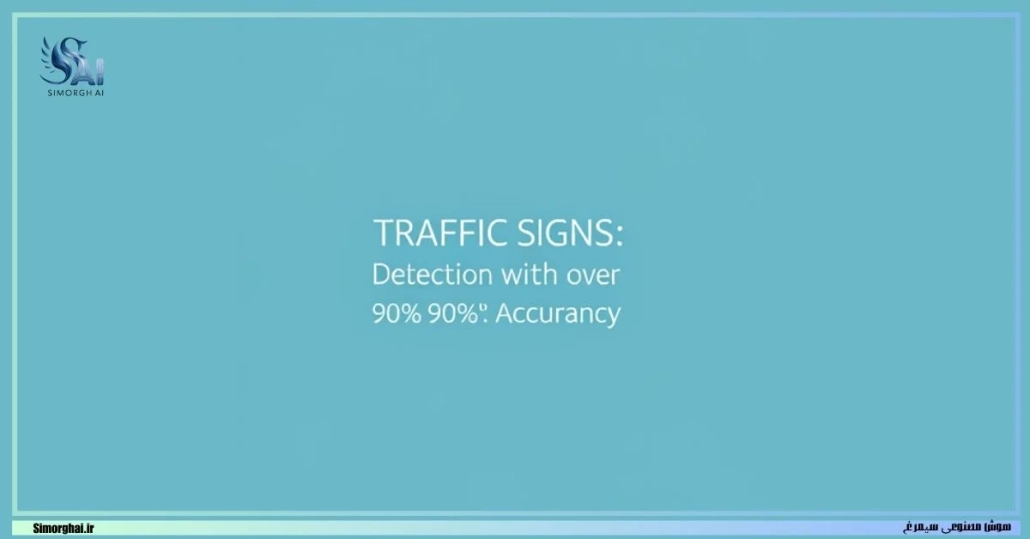Traffic Sign Detection

Traffic Sign Detection and Recognition using Features Combination and Random Forests Introduction Advanced Driver Assistance Systems (ADAS) are among the most rapidly growing fields in automotive electronics. These systems are designed to enhance driving safety by providing real-time data on road conditions, obstacles, and traffic signs. A key component of ADAS is Traffic Sign Detection […]
AI-Generated Future Selves: A Pathway to Well-being and Self-Continuity

Artificial Intelligence (AI) continues to push the boundaries of human experience, reshaping industries, relationships, and even our perception of self. One of the most fascinating applications of AI in recent times has been its use in personalized mental health interventions. A study titled “Future You,” led by researchers from MIT and several other institutions, explores […]

